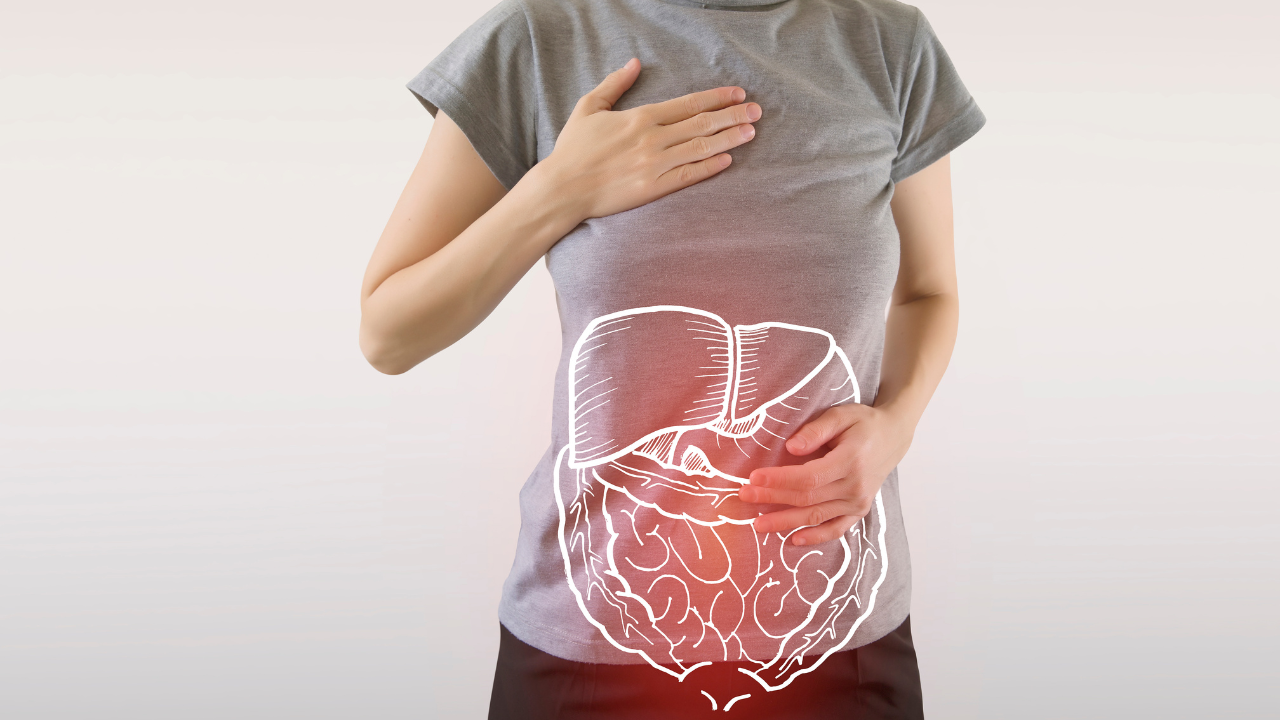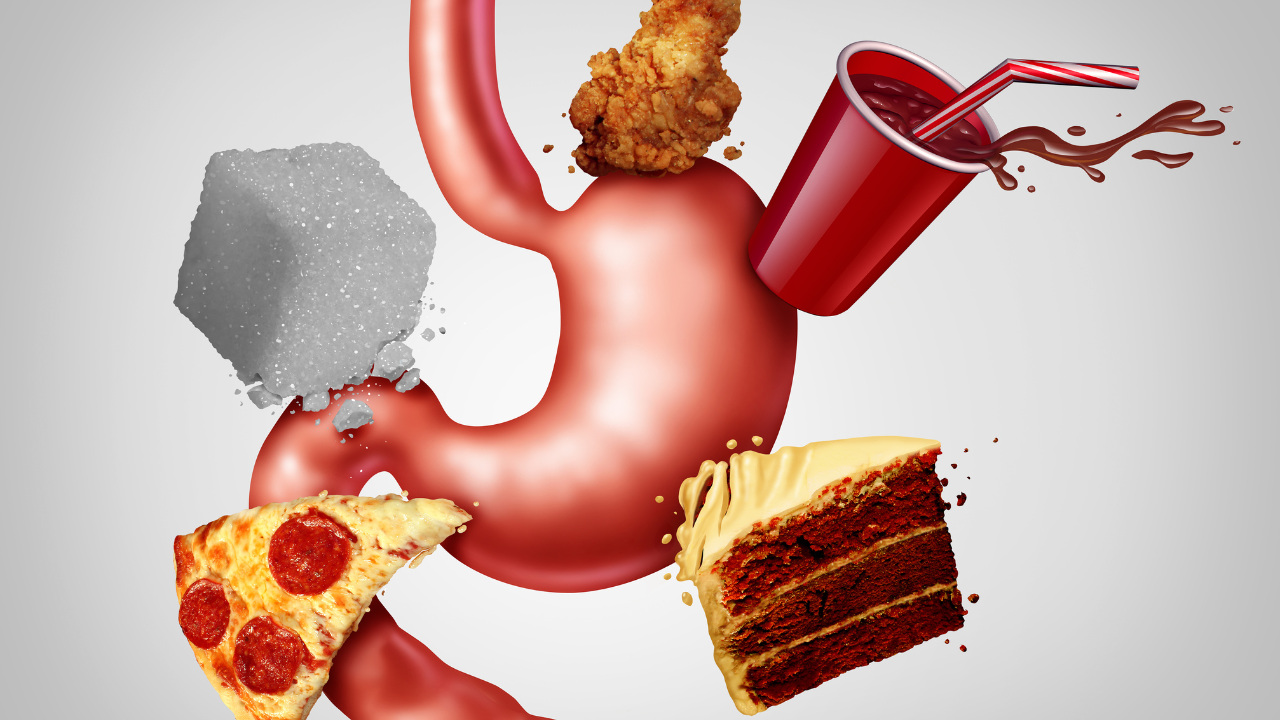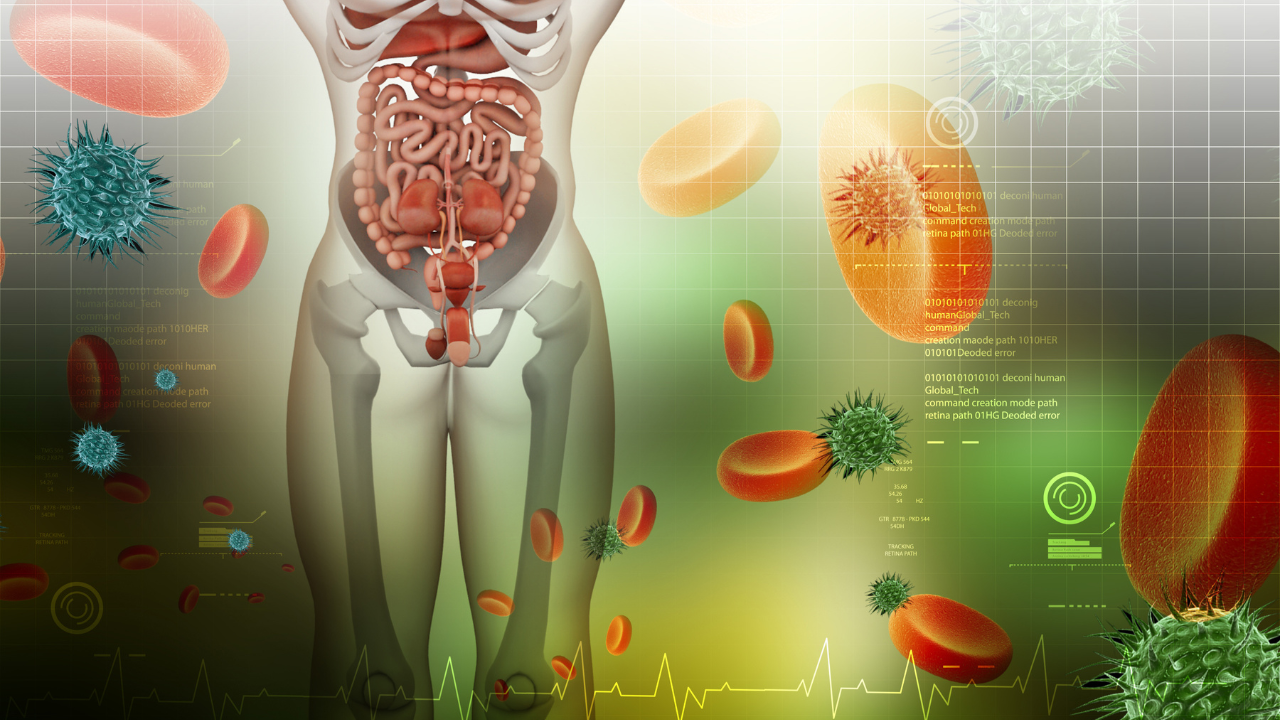Digestive Enzymes
Article Summary
Kathie discusses a popular supplement Digestive Enzymes.
In today’s world of genetically modified foods and processed foods and poor diets it is next to impossible to get all the nutrients you need from food alone. And today our guts are such a mess that even absorbing nutrients becomes a problem.
Enter digestive enzymes. What are they? How do they help? Who are they for? Who are they not for? We answer that and more.
As always nothing is a substitute for professional help. Be sure to seek your physician’s approval before starting any supplement. This article is meant for informational purposes only. (Disclosures Here.)
Know someone who can benefit? Be sure to share using the share buttons to the side.
You are what you absorb.
And if your gut is not working properly and very few of us have that benefit, then you need to include digestive enzymes (several times throughout the day) into your regimen.
Digestive enzymes play a key role in breaking down the food you eat. These proteins speed up chemical reactions that turn nutrients into substances that your digestive tract can absorb. Your saliva has digestive enzymes in it. Some of your organs, including your pancreas, gallbladder, and liver, also release them.
Digestive enzymes are essential to nutrition and overall good health. They help your body absorb nutrients from the foods you eat. Without them, certain foods can lead to uncomfortable symptoms, food intolerances, or nutritional deficiencies.
The 3 main types of digestive enzymes
The main digestive enzymes made in the pancreas include:
Amylase (made in the mouth and pancreas; breaks down complex carbohydrates)
Lipase (made in the pancreas; breaks down fats)
Protease (made in the pancreas; breaks down proteins)
The most effective digestive enzyme is lipase. Lipase breaks down fats into fatty acids and glycerol. It's the best digestive enzyme for digesting foods like olive oil, butter, cheese, and other plant and animal fats. Fatty acids are important because they make up the bulk of our cell membranes and provide energy, among many other benefits.
The digestive enzymes that are important for weight loss help break down the food we eat and keep our metabolism burning fat. The enzymes important for weight loss include lipase, protease and amylase.
Symptoms of enzyme deficiency
Symptoms of enzyme deficiency tend to first show up in the gut. That's why you typically see digestive issues with insufficient enzyme levels like bloating, gas, diarrhea, constipation, and undigested food in stools. If your body doesn't have enough digestive enzymes, it's unable to break down foods properly.
Digestive enzyme supplements also could interact with antacids and certain diabetes medications. They may cause side effects including abdominal pain, gas and diarrhea.
Digestive enzymes vs Probiotics
Digestive enzymes and probiotics are very different and affect gut health in different ways. The two actually complement each other: Digestive enzymes improve the processes of digestion while probiotics keep the digestive environment healthy. Having too little of either one is detrimental to gut health.
Digestive Enzyme Supplements
Taking digestive enzyme supplements is currently recommended for people with specific digestive disorders, such as pancreatic insufficiency and lactose intolerance.
Apple cider vinegar is loaded with enzymes that aid in digestion. While you can take digestive enzymes as a supplement, drinking apple cider vinegar may offer similar benefits for less money.
Pure Encapsulations Ultra Digestive Enzymes on Amazon
It's for this reason that digestive enzyme supplements have been getting attention lately—there is speculation that they boost those processes and help relieve symptoms of indigestion. But the clinical evidence shows that digestive enzymes are not effective at alleviating gas or bloating.
Foods that contain natural digestive enzymes include pineapples, papayas, mangoes, honey, bananas, avocados, kefir, sauerkraut, kimchi, miso, kiwifruit and ginger. Adding any of these foods to your diet may help promote digestion and better gut health.
This is for informational purposes only. Disclosures.












New Year's resolutions fail because waiting for a date means avoiding real change. True transformation comes from identity shifts and daily decisions, not calendar motivation. Excellence isn't seasonal—it's behavioral. Stop postponing growth and expect excellence today. #NewYearsResolutions #PersonalGrowth #SelfImprovement #MindsetShift #ExpectExcellence #HabitChange #WellnessJourney